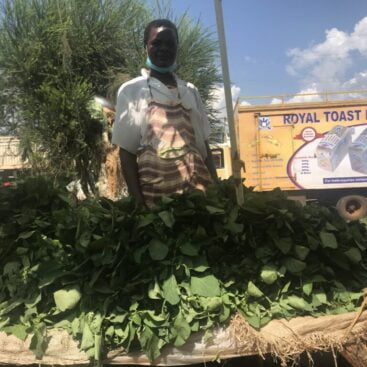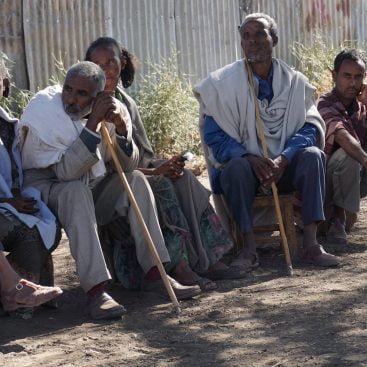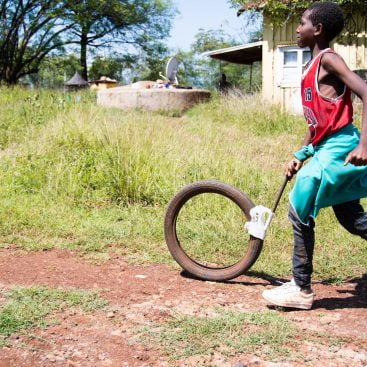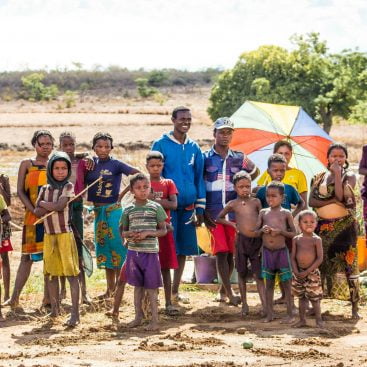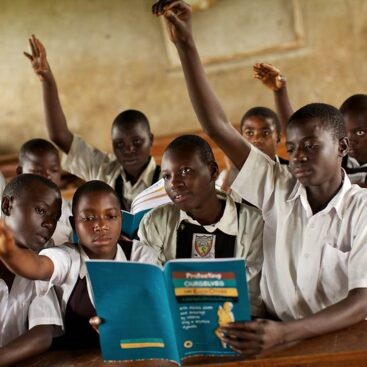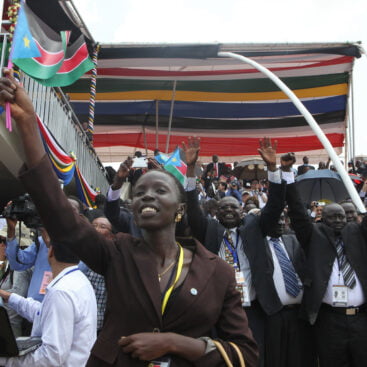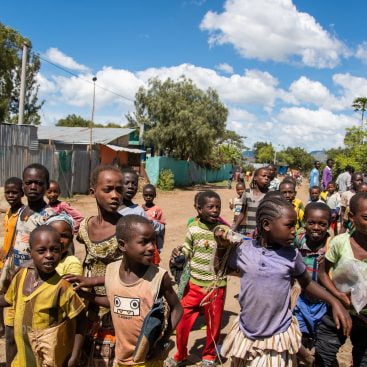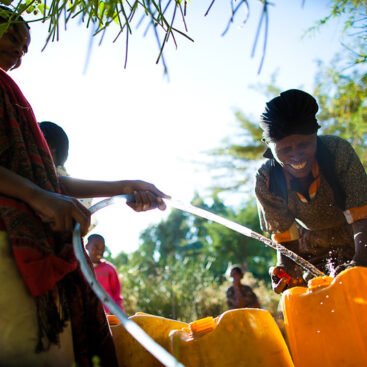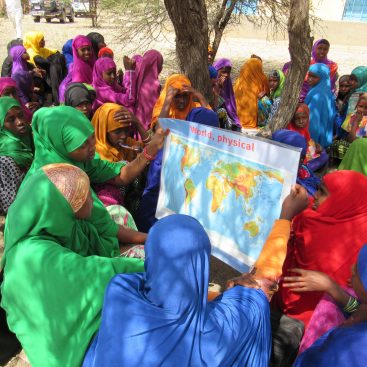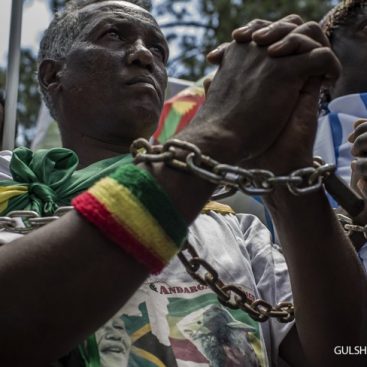Research Team
PI:
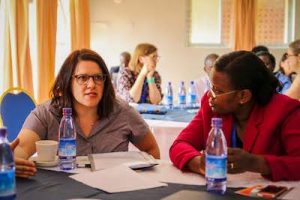
Arlene Benitez
Technical Advisor, Education in Emergencies
Indiana University (previous); Catholic Relief Services (current)
arlene.benitez@crs.org
Co-Pi:

Tom Purekal
Director of Innovation and Practice
University of Notre Dame Pulte Institute for Global Development
tpureka1@nd.edu
Supporting Partner(s):

Jennifer DeBoer
Assistant Professor of Engineering Education
Purdue University
Melissa Tucker
Technical Advisor, Psychosocial Support
Catholic Relief Services
Project Information
Title of Project: Impact Evaluation of Psychosocial Support on Children’s Well-being, Literacy, and Math Outcomes in the Integrated Essential Emergency Education Program
Sector: Education
Country: South Sudan
Lead Institution: Indiana University
Co-PI Institution: University of Notre Dame
Partner(s): Catholic Relief Services, Purdue University, and Makerere University
Final Budget: $1,200,000
Project Length: 10/15/2018 – 4/30/2020
Research Objective:
Evaluate the impact of psychosocial support on children’s well-being, literacy, and math outcomes within an existing and expanding project in South Sudan
Project Description:
This evaluation project placed universities (Indiana University, Purdue University, University of Notre Dame, Makerere University) and Catholic Relief Services in partnership with USAID to use research to inform decision making about future directions for the UNICEF-led Integrated Essential Emergency Education (IEEES) Program in South Sudan. It also applied lessons learned to guide development strategy in the broader fields of education in emergencies and in social and emotional learning. The purpose of the impact evaluation was to seek an evidence base for psychosocial intervention in a conflict setting through an evaluation of the impact of psychosocial support interventions in the context of South Sudan.
Building on the previous UNICEF-led Emergency Education activity that ended in March 2018,
The IEEES activity is now in implementation with new sites being added. At this time of expansion, an evaluation offers an opportunity for universities to (i) partner with stakeholders to conduct research that can inform decision-making about future directions for the activity in South Sudan and (ii) guide development strategy in the broader field of education in emergencies and psychosocial support. Specifically, the purpose of this impact evaluation was to understand the impact of inclusion of psychosocial support (PSS) interventions as part of education programming in a complex environment. The key question to be answered by the evaluation was, “What are the impacts of psychosocial support interventions on students’ well-being, resilience, and academic performance?”
Embedded Research Translation Product: Workshop Presentations and Conference Video
Embedded Research Translation Audience: USAID Mission to South Sudan, UNICEF
Learnings & Impacts:
Psychosocial Support (PSS) interventions have a significant positive impact on students’ well-being and academic performance in areas of conflict and crisis. Results from the evaluation on Psychosocial Support in South Sudan show enhanced student reading scores and social well-being among students who received interventions. Common PSS interventions include activities focused on play, learning, and well-being, as well as the use of child-friendly spaces.
A team from Indiana University, Purdue University, Notre Dame, Makerere University, and Catholic Relief Services, in addition to a local research team in South Sudan, conducted an impact evaluation of PSS interventions within the Integrated Essential Emergency Education Services (IEEES) program on grades 3-6. In addition to improvements in reading and well-being, the study also found perceptions of better relationships, academic performance, attendance, classroom efficacy, and peacebuilding skills as a result of PSS.
The project is a pioneer for impact evaluations on Psychosocial Support in conflict environments and findings support the inclusion of Psychosocial Support interventions within education programming in conflict-affected settings. As a result, new education activity designs in USAID South Sudan Education Sector incorporate psychosocial and social-emotional skill development. In addition, UNICEF and Education Cluster Implementing Partners are incorporating PSS into teacher training curricula and including PSS sessions in math and reading activities within schools and in community child-friendly spaces. UNICEF is also initiating a Training of Trainers on PSS across South Sudan by Education Cluster partners in coordination with the Ministry of General Education and Instruction.

